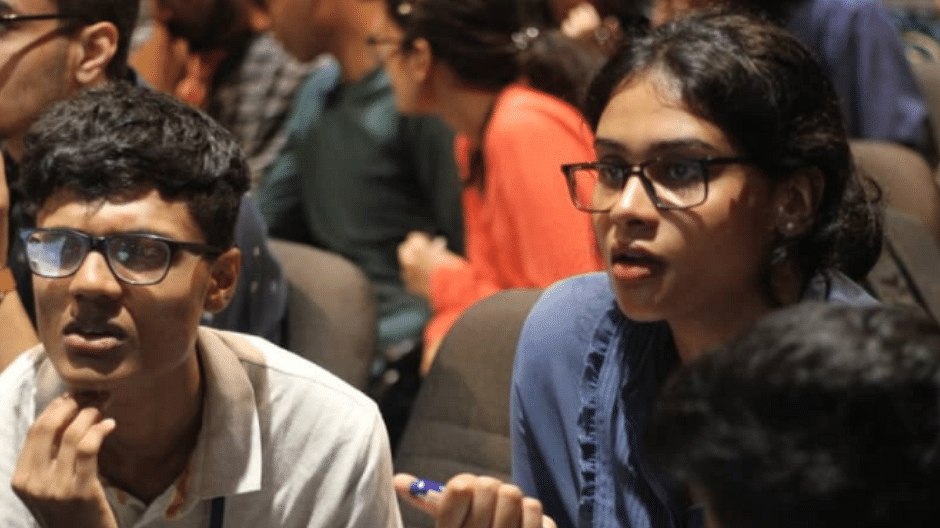Bengaluru: The Centre for Law & Policy Research (CLPR) is back with the fifth edition of its annual flagship quiz ConQuest — India’s premier national quiz on the Constitution, history and politics.
ConQuest is part of CLPR’s larger constitutional culture initiative, which aims to facilitate public engagement with the Constitution and its values. The quiz is an extension of constitutionofindia.net, a digital open-access resource on India’s constitutional and political history.
For the first time ever, ConQuest will be conducted online, allowing Constitution enthusiasts from across the world to participate in this quiz. It will take place across four weekends, from 3 to 25 October 2020. Undergraduate and graduate students from all disciplines can participate.
The quiz will begin with the regional preliminary rounds, to be held on 3 and 4 October. Next, the top eight teams from each regional preliminary will be matched up in the four knockout rounds, to be held on 10-11 and 17-18 October. The top two teams from each knockout round will move on to the grand finale, to be conducted on 25 October.
Constitutional education & Covid-19
The phases of the Covid-19 lockdown have been significant for our understanding of the Constitution — both of its text and the actors involved in its implementation. While the state is often viewed as the only body which has obligations under the Constitution, civil society organisations have also taken on important constitutional functions. Their role in ensuring social welfare of migrant workers and marginalised communities through crowdfunding, strategic impact litigation to force the state to enact relief measures, and advocacy for marginalised groups, reflects the constitutional values of solidarity, fraternity, and justice.
The reaction of the state to this pandemic — such as mandating the use of an app with poor data security protections, or its involvement in police brutality against those who violate lockdown rules — has also had serious implications for the constitutional rights to life, liberty and dignity.
Finally, the role of citizens during this lockdown — to wear masks, follow personal sanitation measures, and honestly report their whereabouts to trace Covid cases — has facilitated discussions about civic duties. The lockdown has also highlighted the importance of educating the public about constitutional values such as fraternity, in ensuring that these rules are followed.
All these bring to fore the importance of understanding and framing the Constitution of India, not only as a legal document but a political one, the values of which should permeate our individual lives. The Constitution should not be restricted only for lawyers to argue, law students to study or judges to interpret; it must transcend these boundaries and become a part of the common persons’ vocabulary and life.
As Dr B.R. Ambedkar envisioned in the Constituent Assembly, Indians must adopt a way of life which is rooted in the principles of equality, liberty and fraternity. He tied the success of India as a ‘social democracy’ to our ability to practice these values.
Unfortunately, there is a stark absence of meaningful civic and constitutional instruction in educational institutions in India, i.e. instruction that articulates and inspires critical constitutional thinking. In this vein, meaningful and substantive constitutional education initiatives become indispensable vehicles to popularise the Constitution and its values.
These initiatives must find interesting and exciting ways to get the public to engage with the Constitution and its heritage. They must weave contemporary political, legal and social developments together with the Constitution and its history. ConQuest was conceptualised as one such initiative that attempted to address the deficit of meaningful constitutional education and make the Indian Constitution and its history fun!
While the digital format of ConQuest marks a major shift from previous editions, this also emphasises the importance of engaging with the Constitution during the most chaotic of times.
The writers are research associates at the Centre for Law and Policy Research.
ThePrint is the digital partner for the event.
Visit the official website to register and know more details. Follow
CLPR on Twitter @CLPRtrust.
